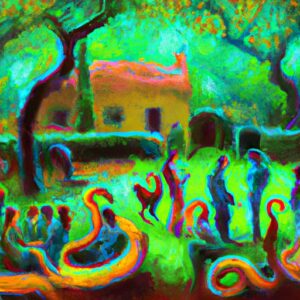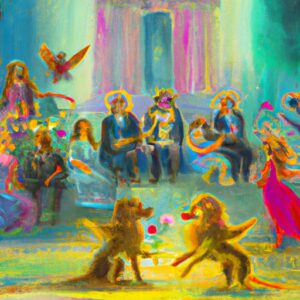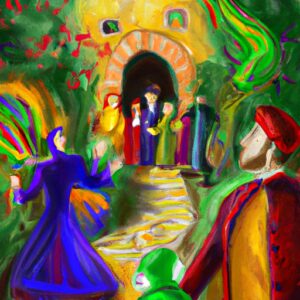I got hungry in Italian
In Italian, there are two expressions for saying “I got hungry” and “I got thirsty”: mi è venuta fame and mi è venuta sete.
Let’s see some examples to start:
Ho pranzato presto oggi e mi è già venuta fame.
I had lunch early today, and I already got hungry.
Ieri mi è venuta sete durante la notte e mi sono alzata a bere.
Yesterday I got thirsty at night, and I got up to drink.
The verb venire in this sense can be used with an indirect object pronoun (mi, ti, gli, le, ci, vi, gli) or, if you want to emphasize who is hungry or thirsty you can use a me, a te, a lei, a lui, etc.
It can also be used in other tenses, and not only in the past.
A me verrà fame prima che a lei, ne sono certa.
I will get hungry before she does, I am sure of it.
A me viene spesso sete mentre faccio yoga, mentre loro non bevono mai.
I often get thirsty when doing yoga, while they never drink.
In this case, the construction is used to express the idea of “becoming“, or “getting into a state“.
You can also use it with other states, like getting hot or cold:
Ti è venuto freddo?
Did you get cold?
Mi sta venendo caldo qui dentro, usciamo.
I am getting hot in here, let’s go out.
How to use venire in other contexts?
This same construction (indirect pronoun + venire + noun) can be used in Italian in other contexts too, and not just to talk about being hungry or thirsty.
It can be used
- With the meaning of “to feel like“:
Mi viene da ridere.
I feel like laughing.
A Giacomo veniva da piangere.
Giacomo felt like crying.
- With voglia followed by di and the infinitive of a verb or a noun, also to mean “to feel like or want“:
Ci è venuta voglia di (mangiare un) gelato.
We feel like (having) an ice-cream.
Mi viene sempre voglia di abbracciarti quando ti vedo!
I always want to hug you when I see you.
- With the meaning of “to have“:
Mi è venuta una bella idea.
I had a good idea.
Gli stanno venendo dei dubbi.
He’s having doubts.
- With the meaning of “catching an illness“:
Mi sta venendo il raffreddore.
I am getting a cold.
A Paolo è venuto il mal di testa.
Paolo got a headache.









